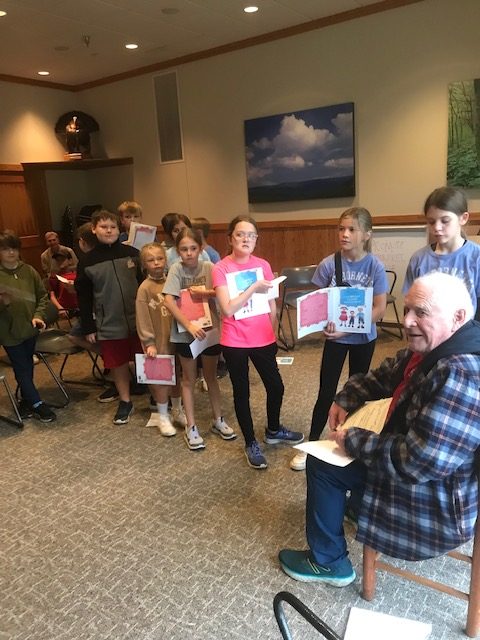By Dr. Curtis Varnell
The chair was surrounded by eager students, all pressing forward around Charles Apple, eager to get their book about Mr. Apple’s early life signed. The book, written by his relative Gayla Edwards, described Charles’s experience in growing up during the 1930 and 40’s on Magazine Mountain. Followed by a question and answer session, the students experienced true history as Charles shared stories from his past, a past shared by many grandparents in rural Arkansas.
The Apple farm, located at the base of Magazine Mountain, had been purchased as excess public land by Charles father, Will, at a cost of about $2.50 per acre. His father built a nice home on a flat bench along a road leading to the top of the mountain. Clearing land, he planted twenty acres of peach and apple trees as well as the more typical crops of corn, vegetables, and upland cotton. The fruit trees were very productive and Mr. Apple peddled the fruit to the visitors at the hotels on Magazine Mt. The road he travelled to the top and around the mountain is now known as Will Apple road and trail.
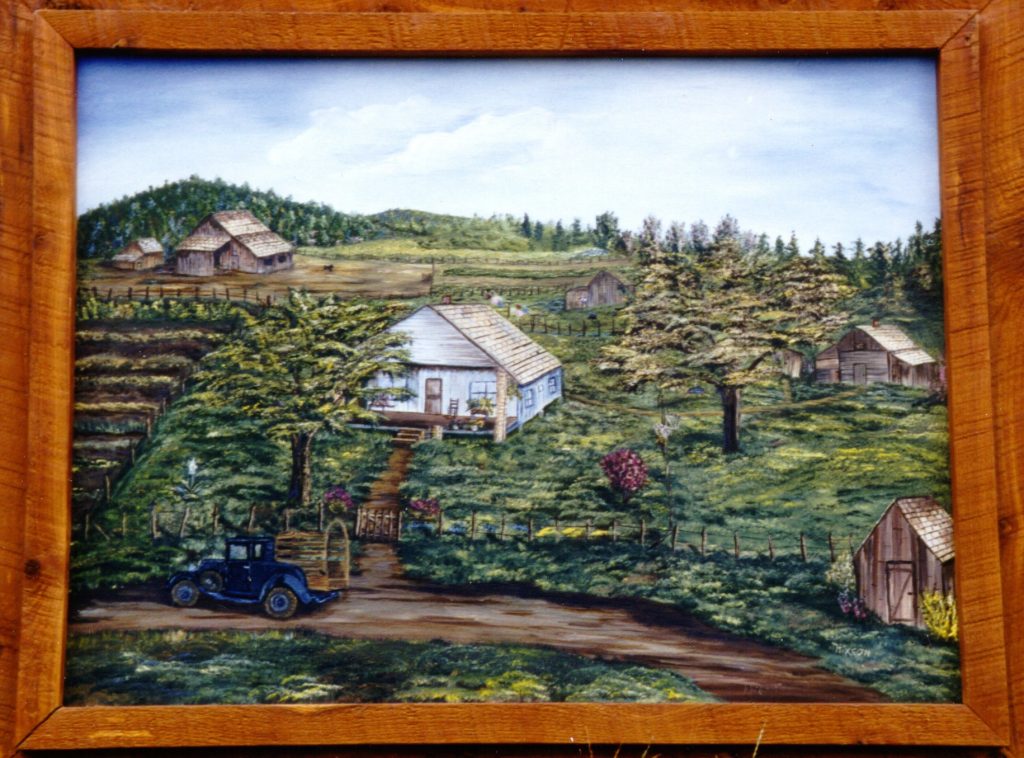
Like most rural families the farm was nearly self-sufficient. A few staples such as flour, salt, and sugar were purchased at the nearby small town of Millard. Most meals consisted of garden vegetables, cornmeal, beans, fruit, and, when available, meat. The most common meat was from pigs, killed in the fall and cured so the meat would last through the winter. Several families would often meet during “hog” killing season and share the labor of dressing out the hogs. One of the men stated that every part of the hog was eaten except the squeal. Kids were astonished when Mr. Apple said there were no dear or bear available to hunt- all of them were killed off by the farmers during the previous generation and had to be reintroduced into Arkansas by the game and fish commission. The group were not to enthused about the game available and eaten by the Apple family. This included lots of squirrel, rabbit, coon, and possum, something few of the kids had ever eaten and, seemingly, few had the desire to try.
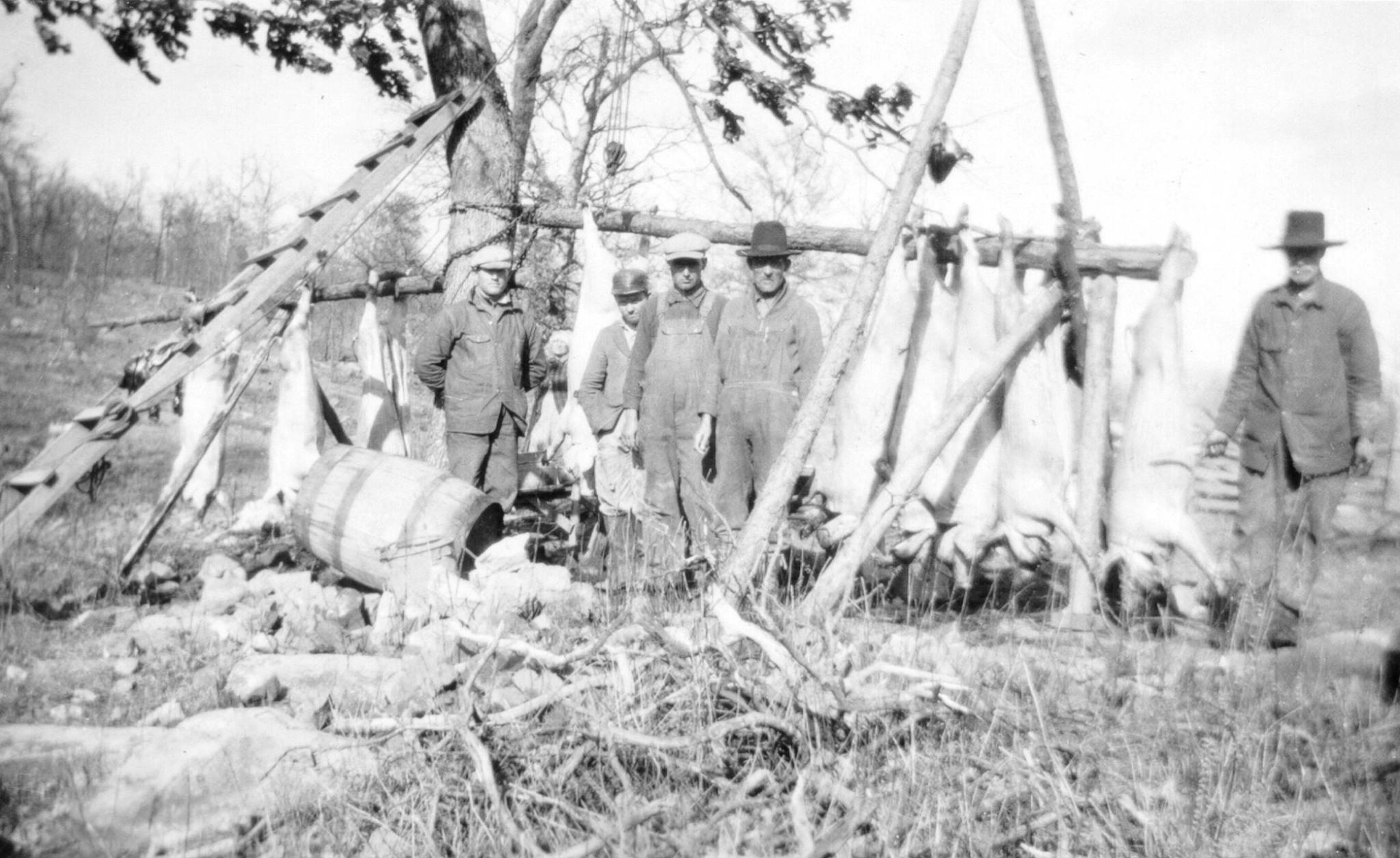
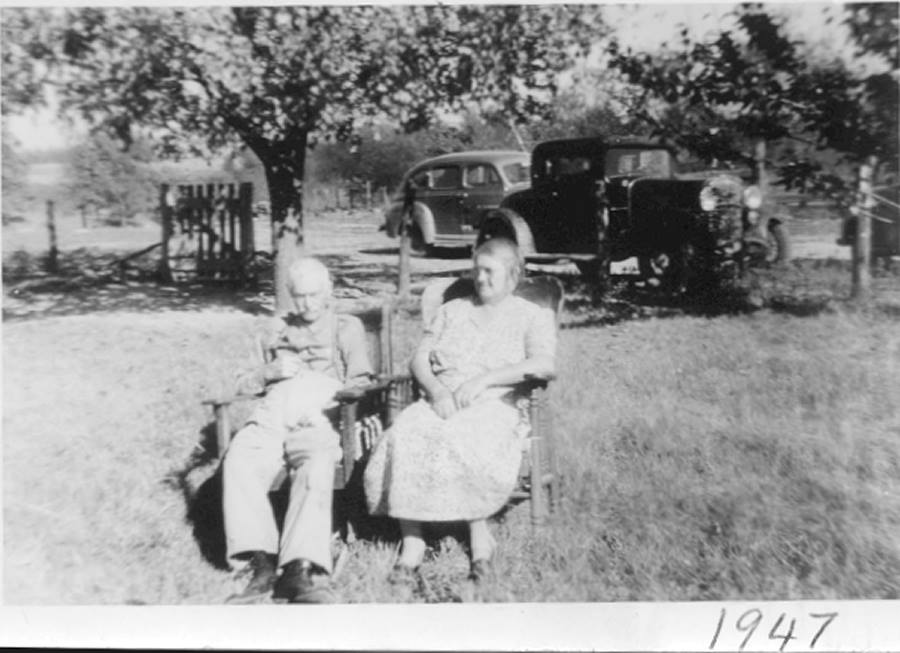
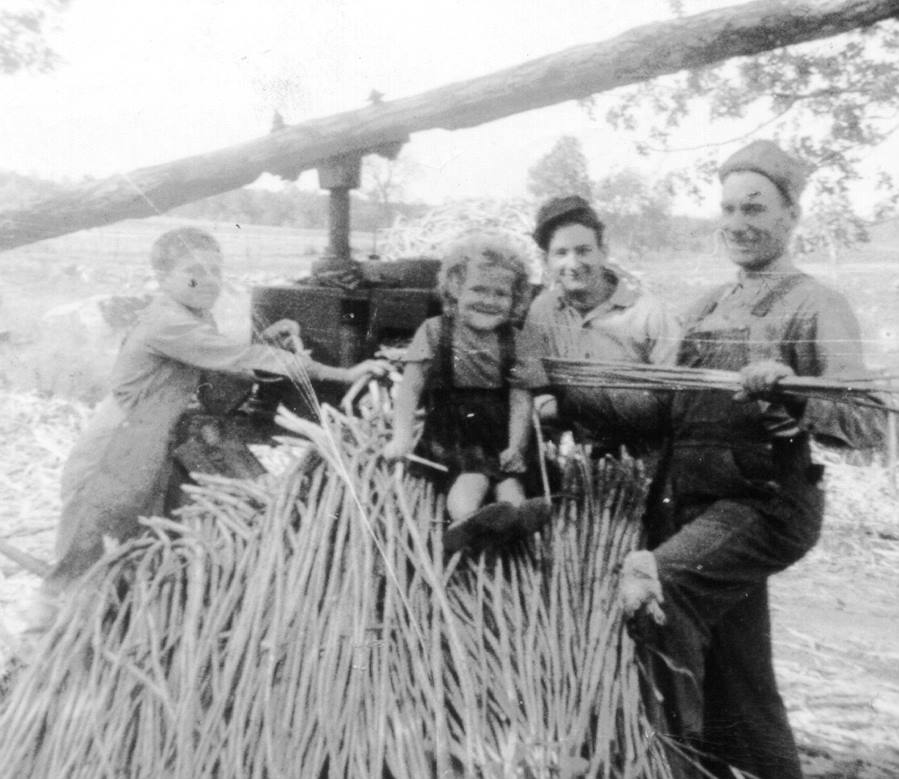
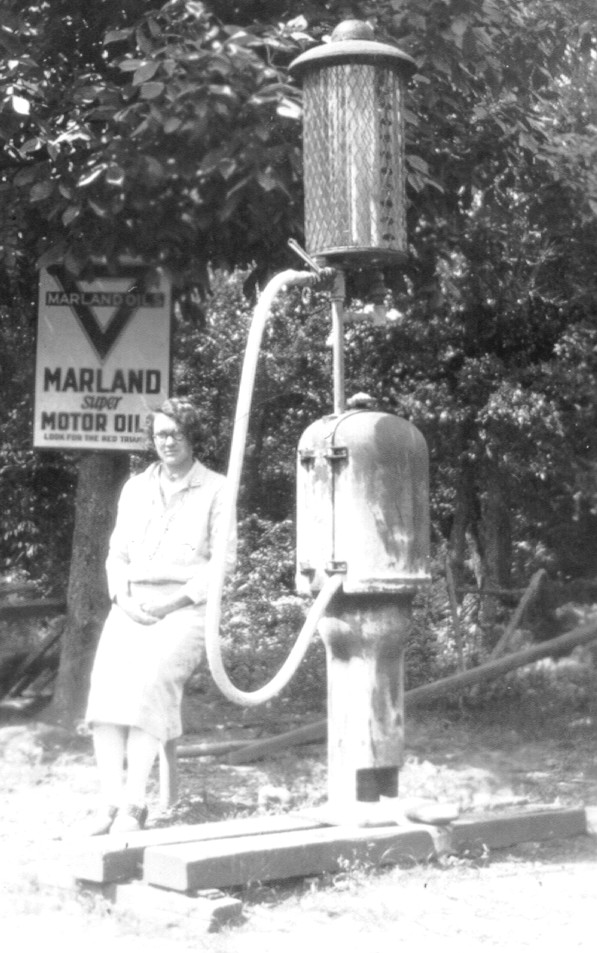
The kids were amazed that Mr. Apple and his family had no electricity which meant no television, lighting, and no refrigeration. Fresh meat and milk products were placed in a well house, built over a spring, and cooled by the fresh water. One of the neighbors bought a large box radio and was able to power it by a battery. Charles, his family, and others would go over the neighbor’s house on Saturday night and listen to the Grand Ole Opera. Often, so many neighbors showed up for the entertainment that the house could not contain them. When this occurred, doors and windows were left open and people sat about the yard to hear the latest hits. Sometimes local musicians showed up and provided live entertainment.
Each township of public land had a section of land that was sold and the money used for public education. As a result, small one-room schools sprang up across Arkansas. Charles and his family attended school at nearby Rich Mountain school. The building consisted of one room, several hard-backed chairs, a chalk board, a wood-burning stove, and the teacher’s desk. One teacher taught all grades and all subjects up to the 8th grade. Education past that level required going to an academy where one had to pay an attendance fee. Even in elementary school, students were required to purchase their own books and supplies. Charles and his sisters rode to school in a make-shift school bus consisting of a flat-bed truck equipped with a canvas tent cover and with benches that ran down each side of the truck bed. School terms were short and were held around planting and harvesting season.
Students commented about how difficult and hard that Mr. Apple’s life must have been. He chuckled as he answered each question and kindly explained the joys of growing up in a community and with a family where people shared the values of hard work, patriotism, and faith. Several members of his family were present with him at the Magazine Mountain visitor center and he and they expressed and showed the strength of family love and support that has sustained them through a long life-time. It was evident that he may not have had every modern convenience that kids do today but that he had those things that were most important to a happy life.

